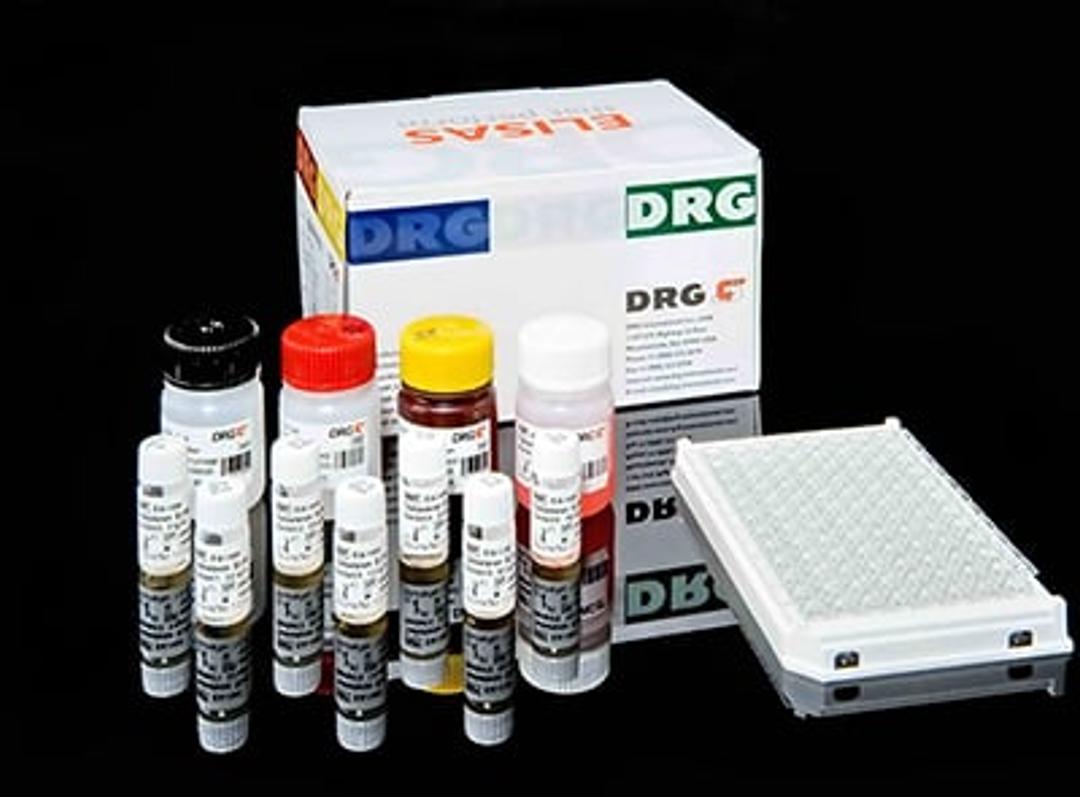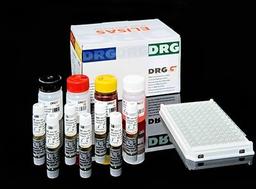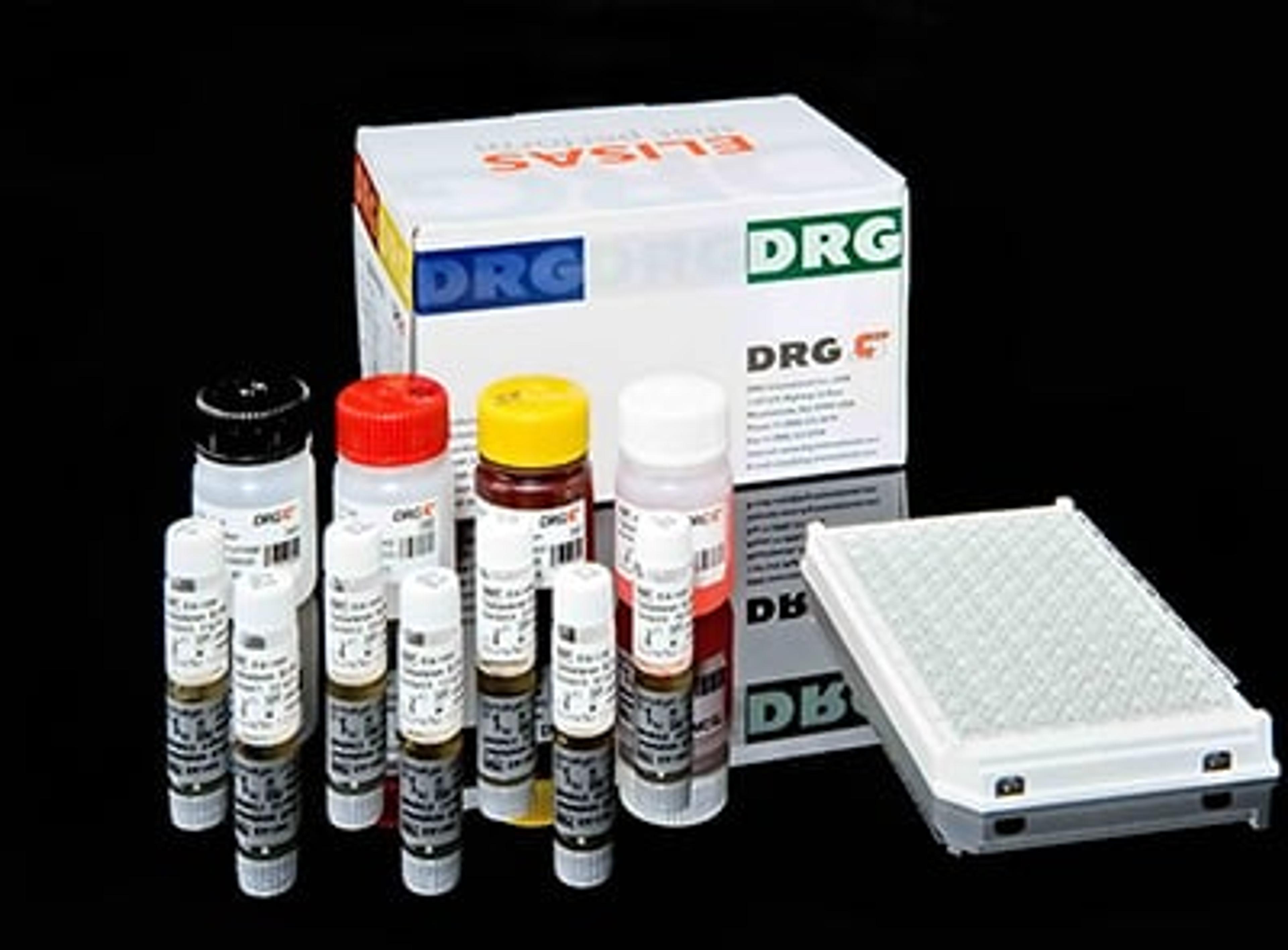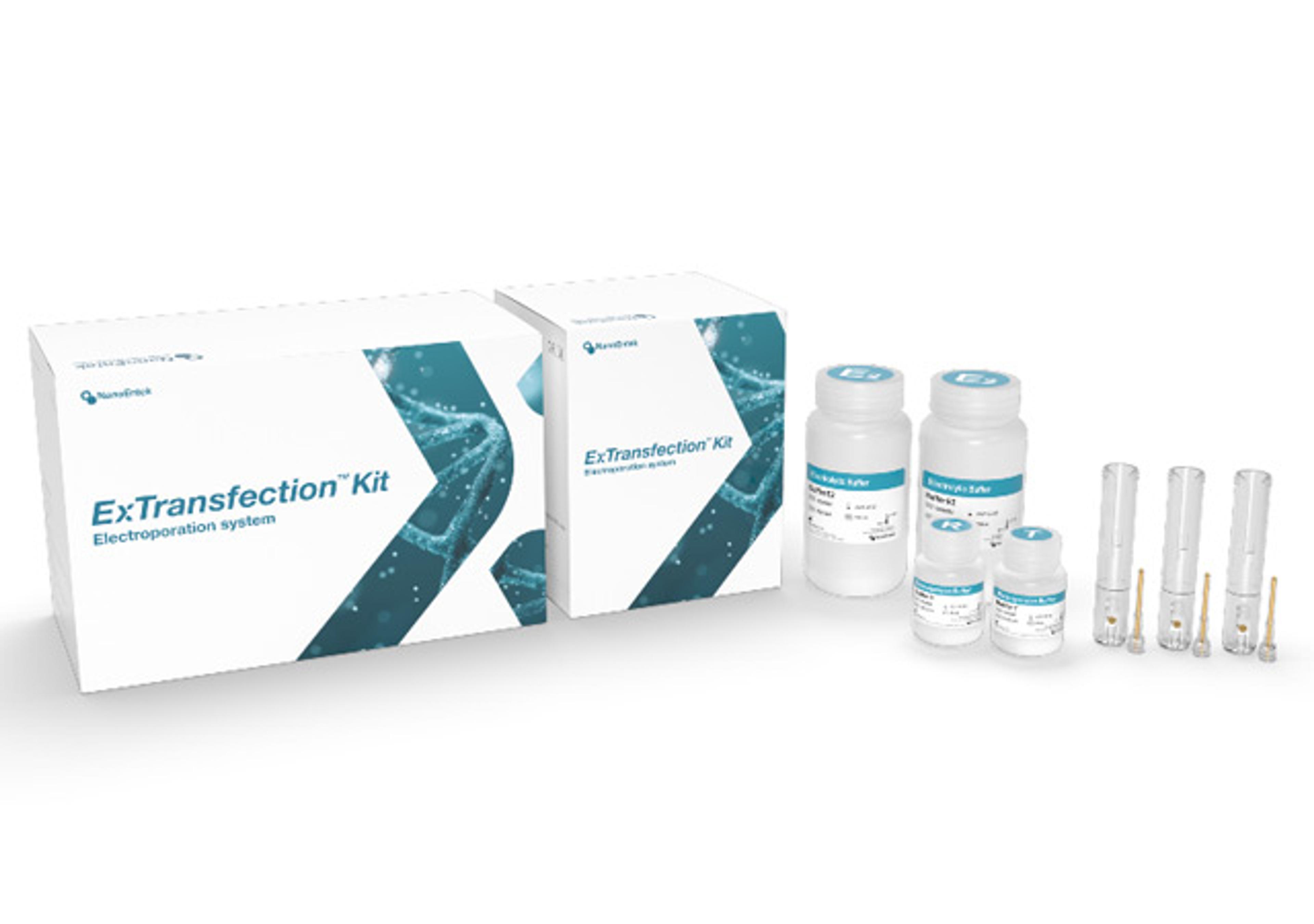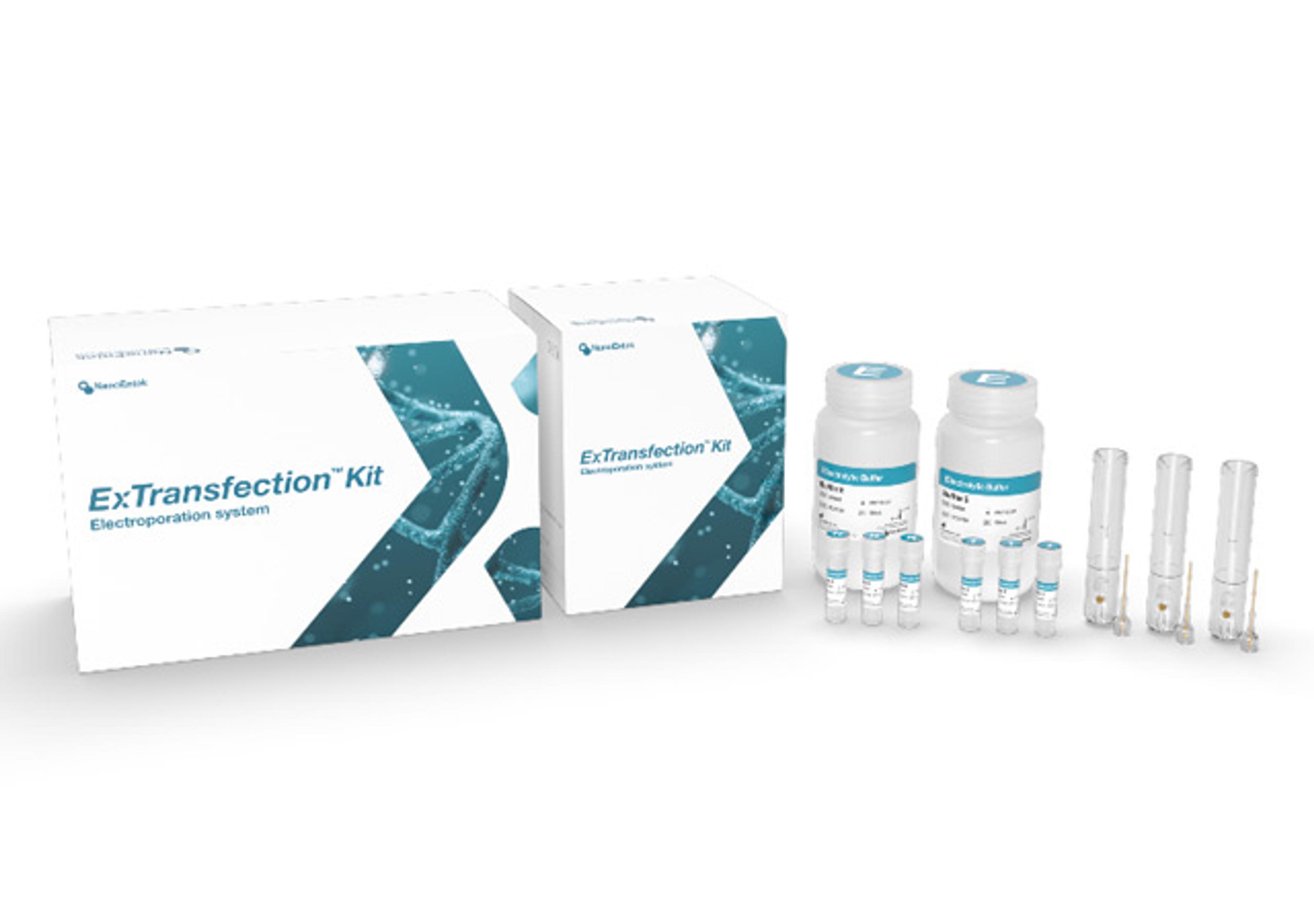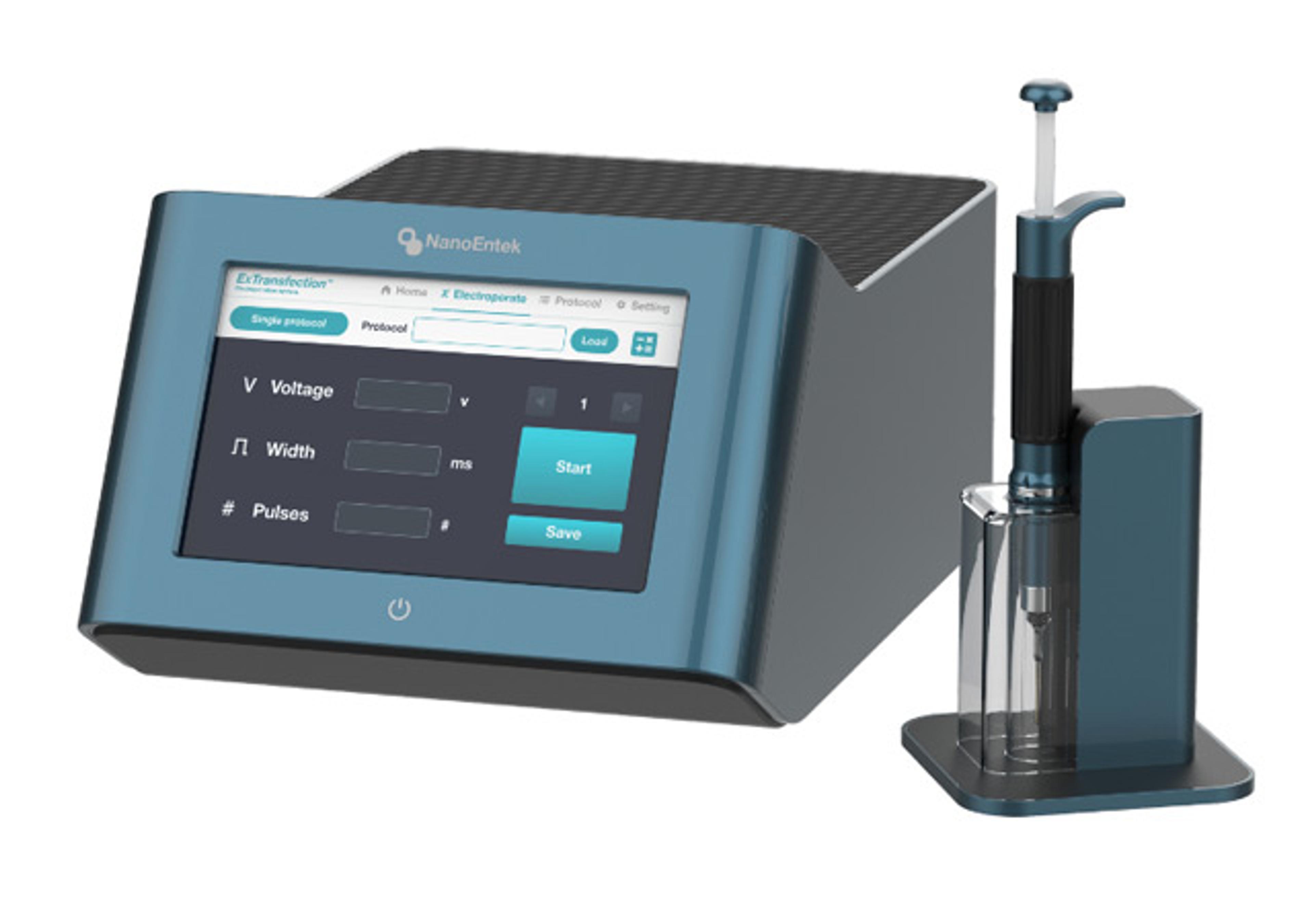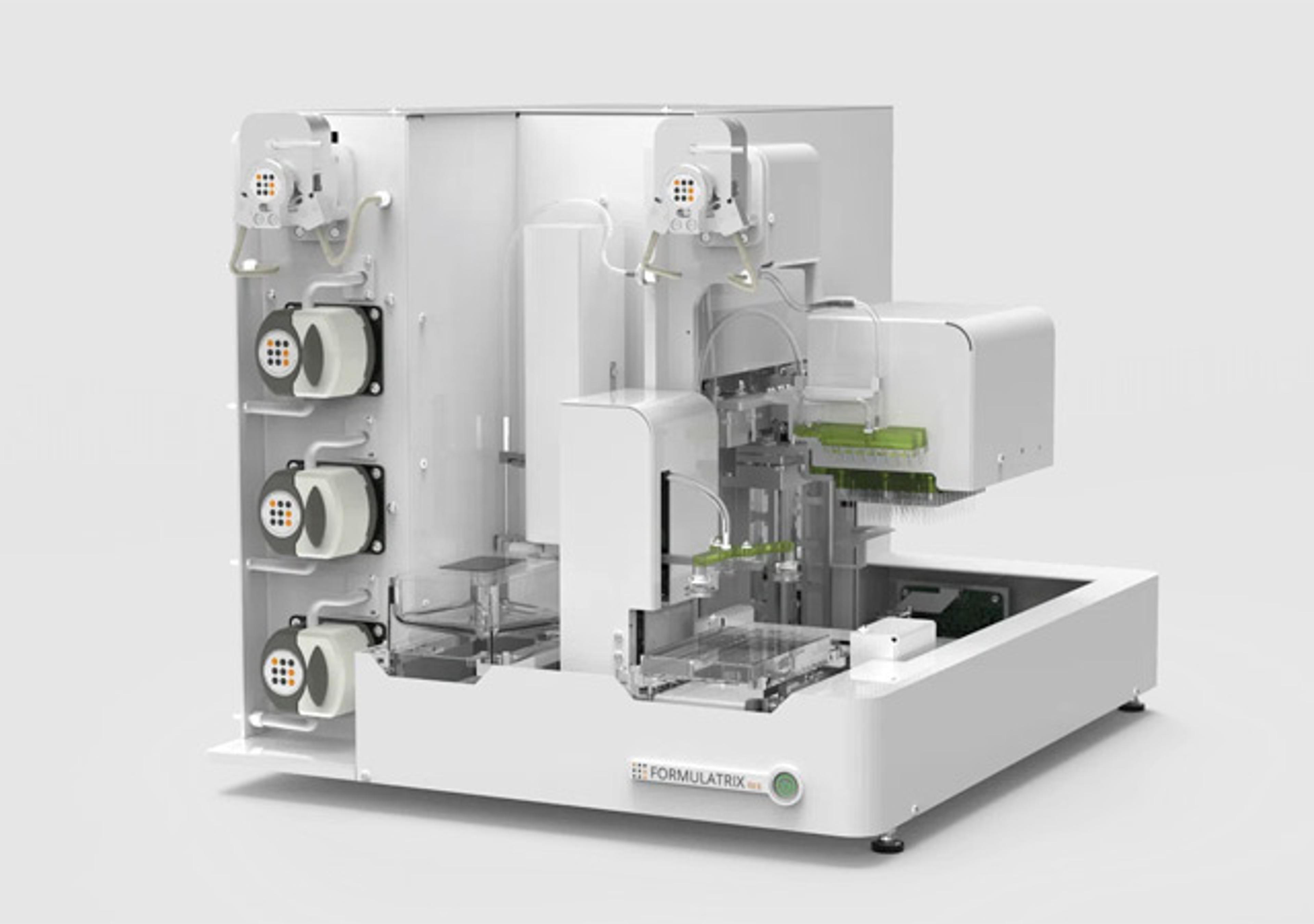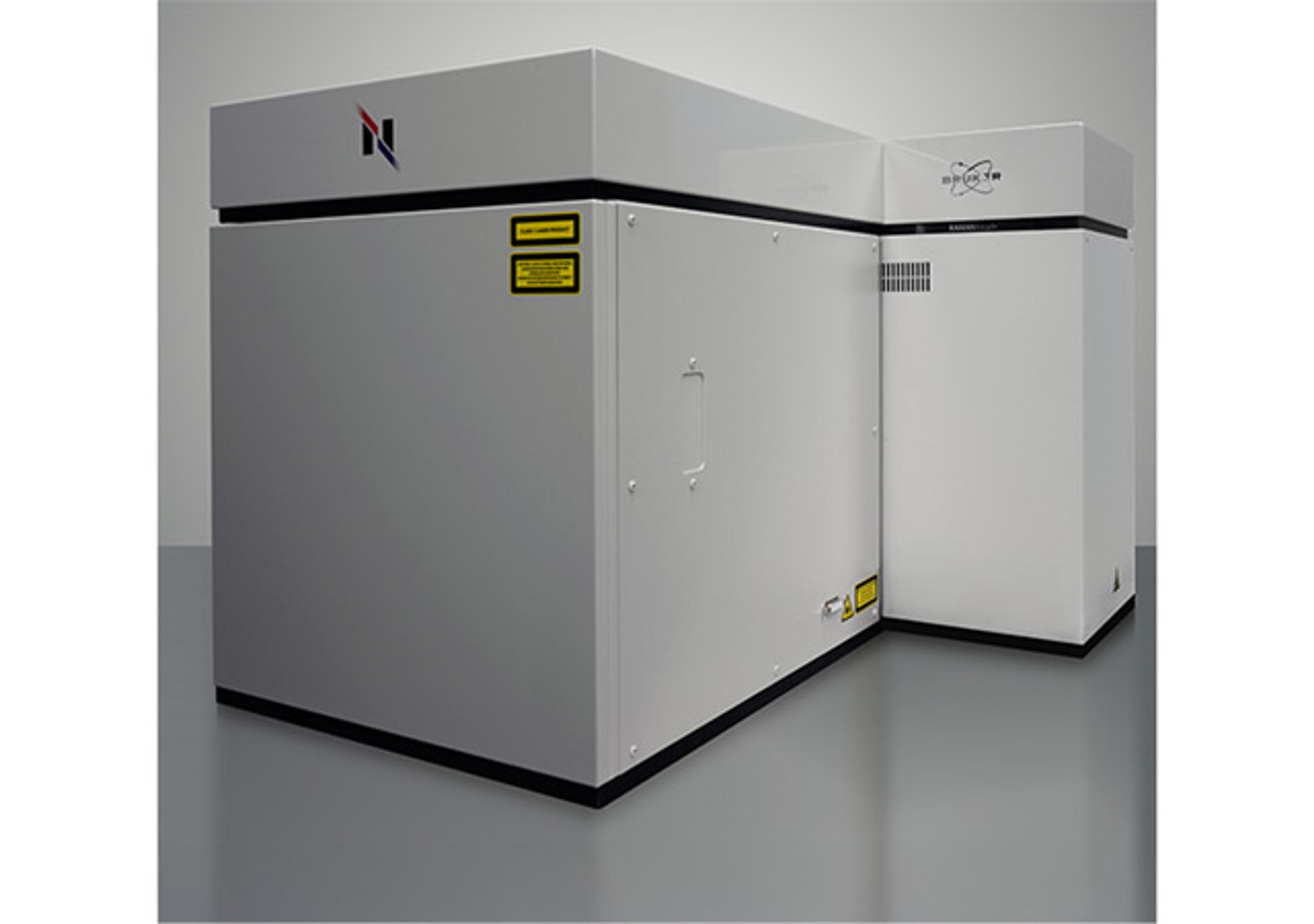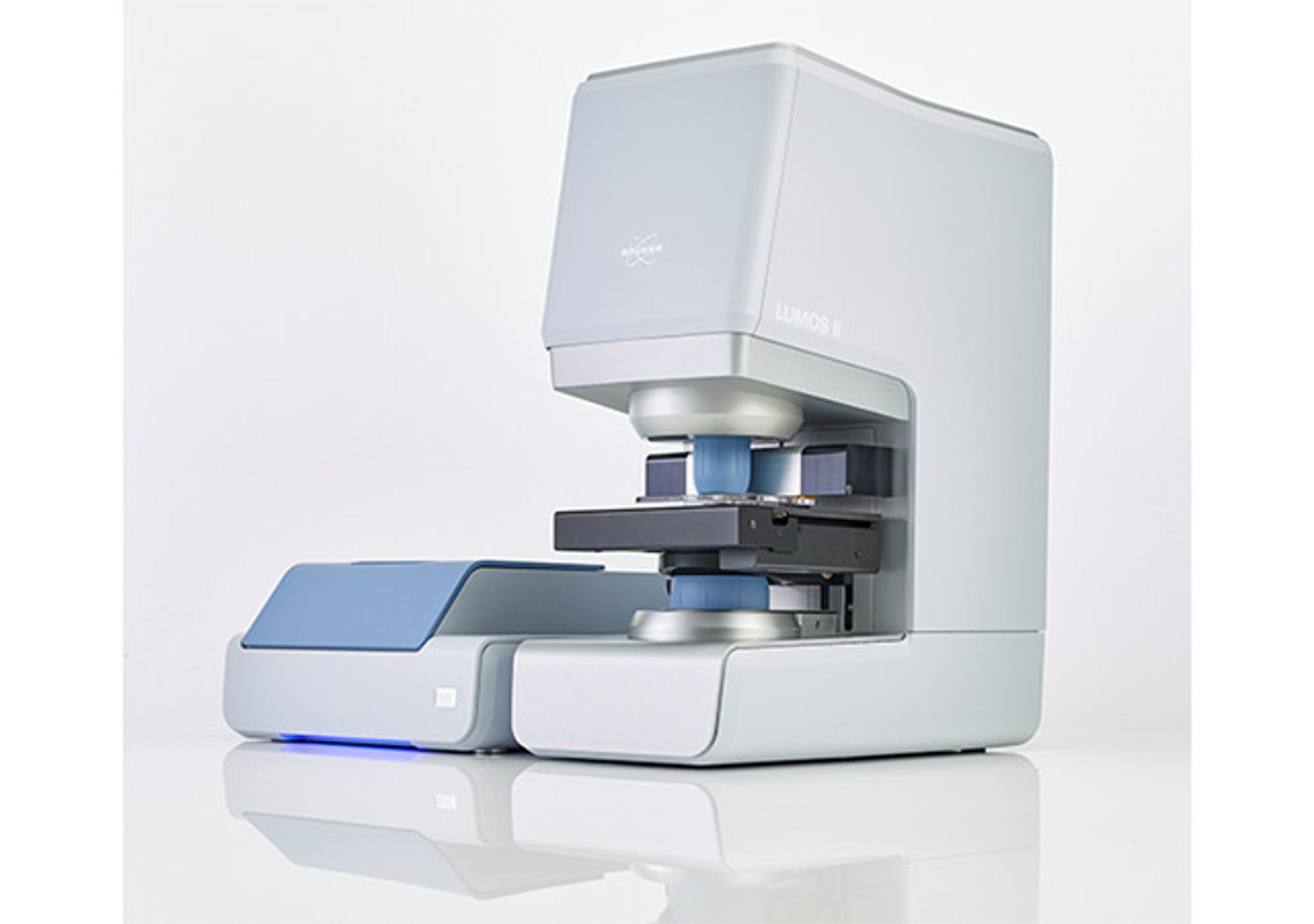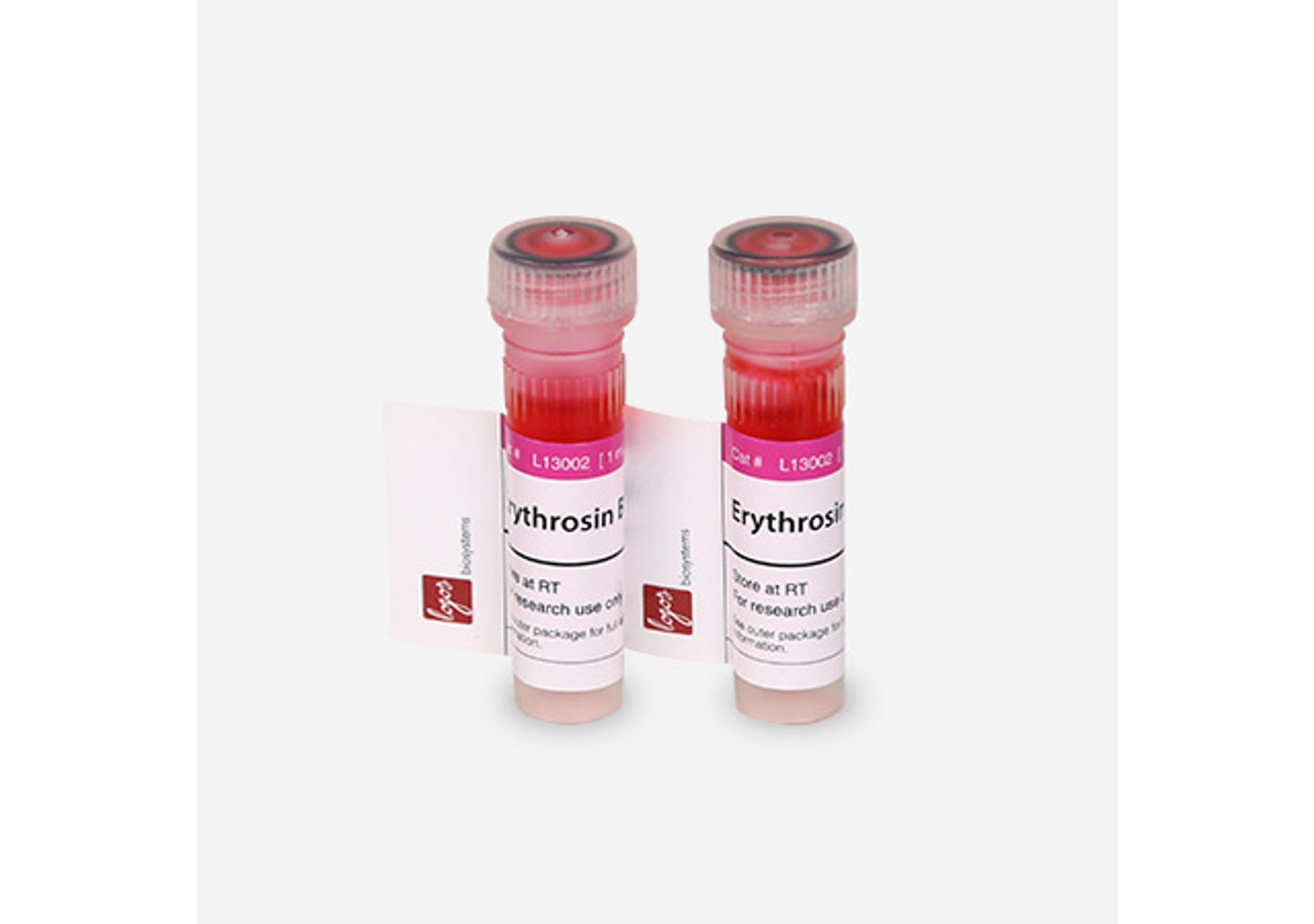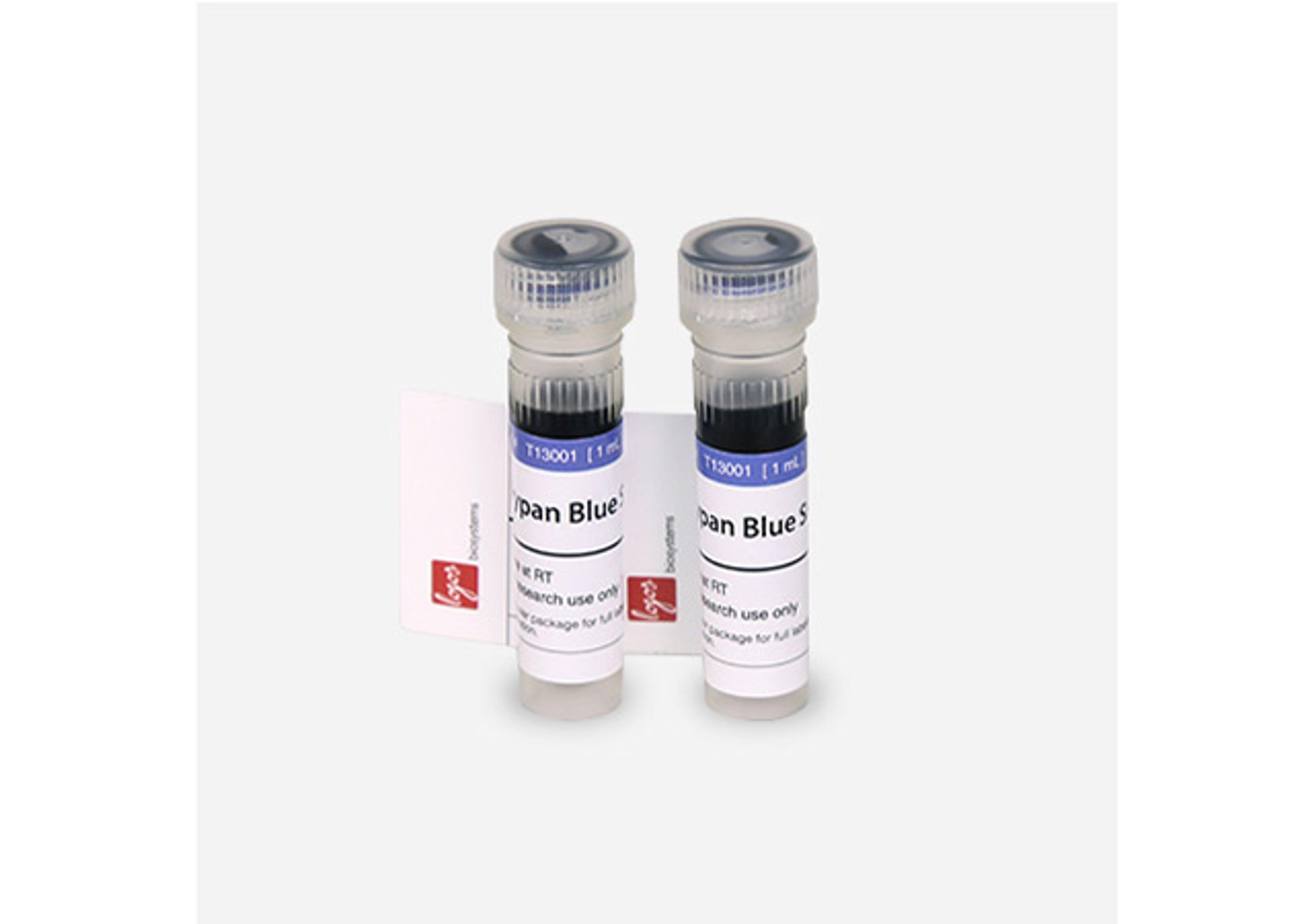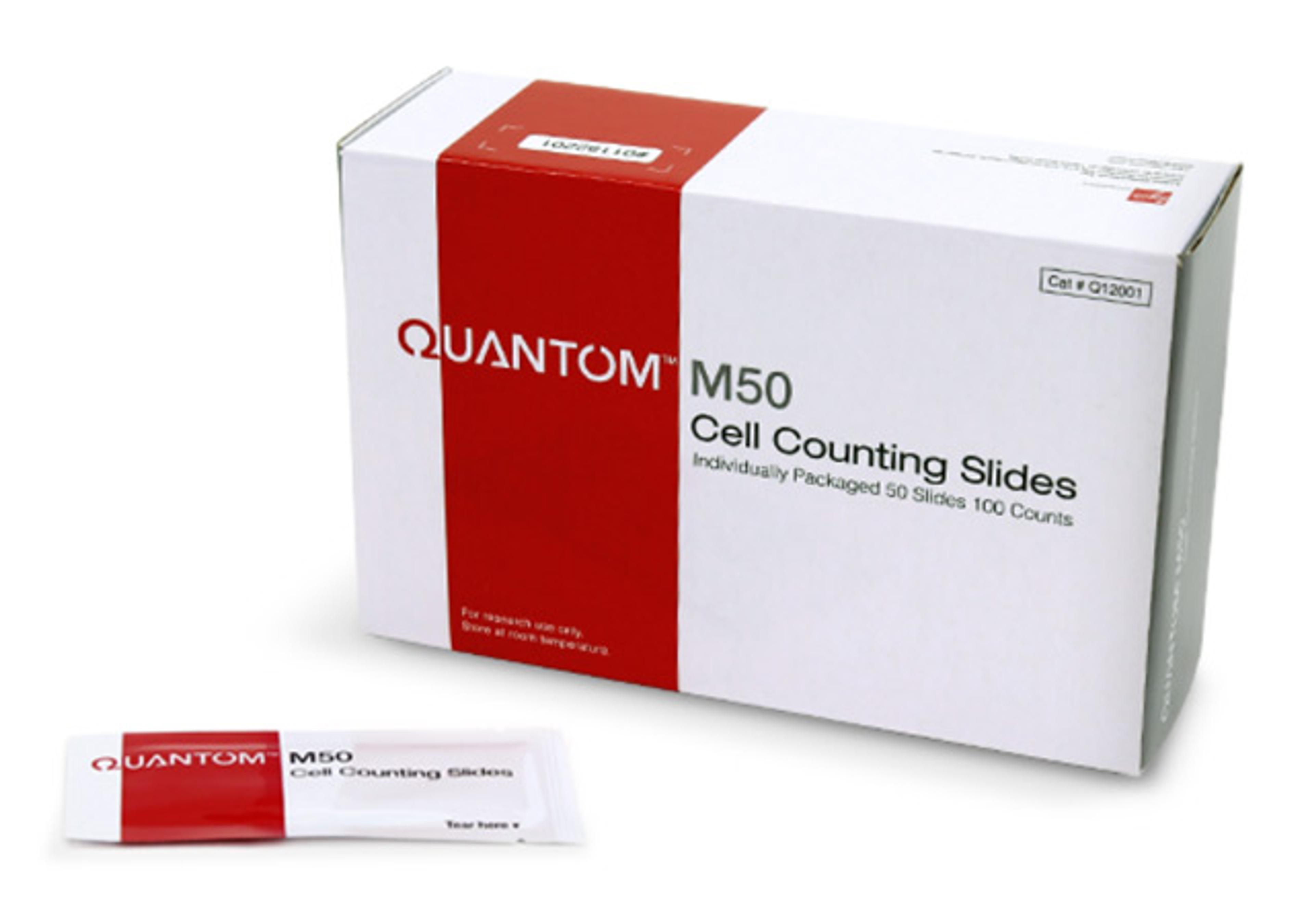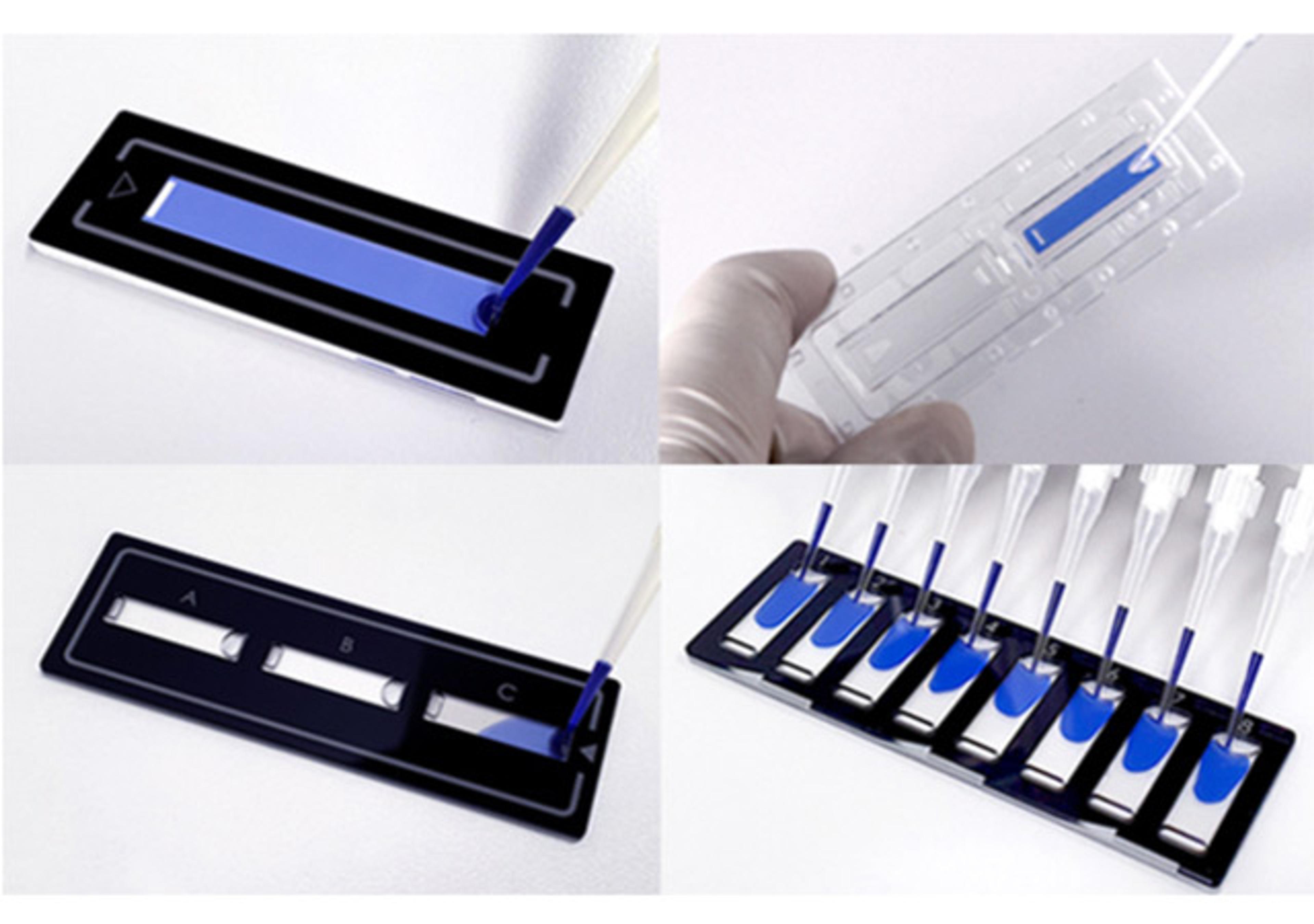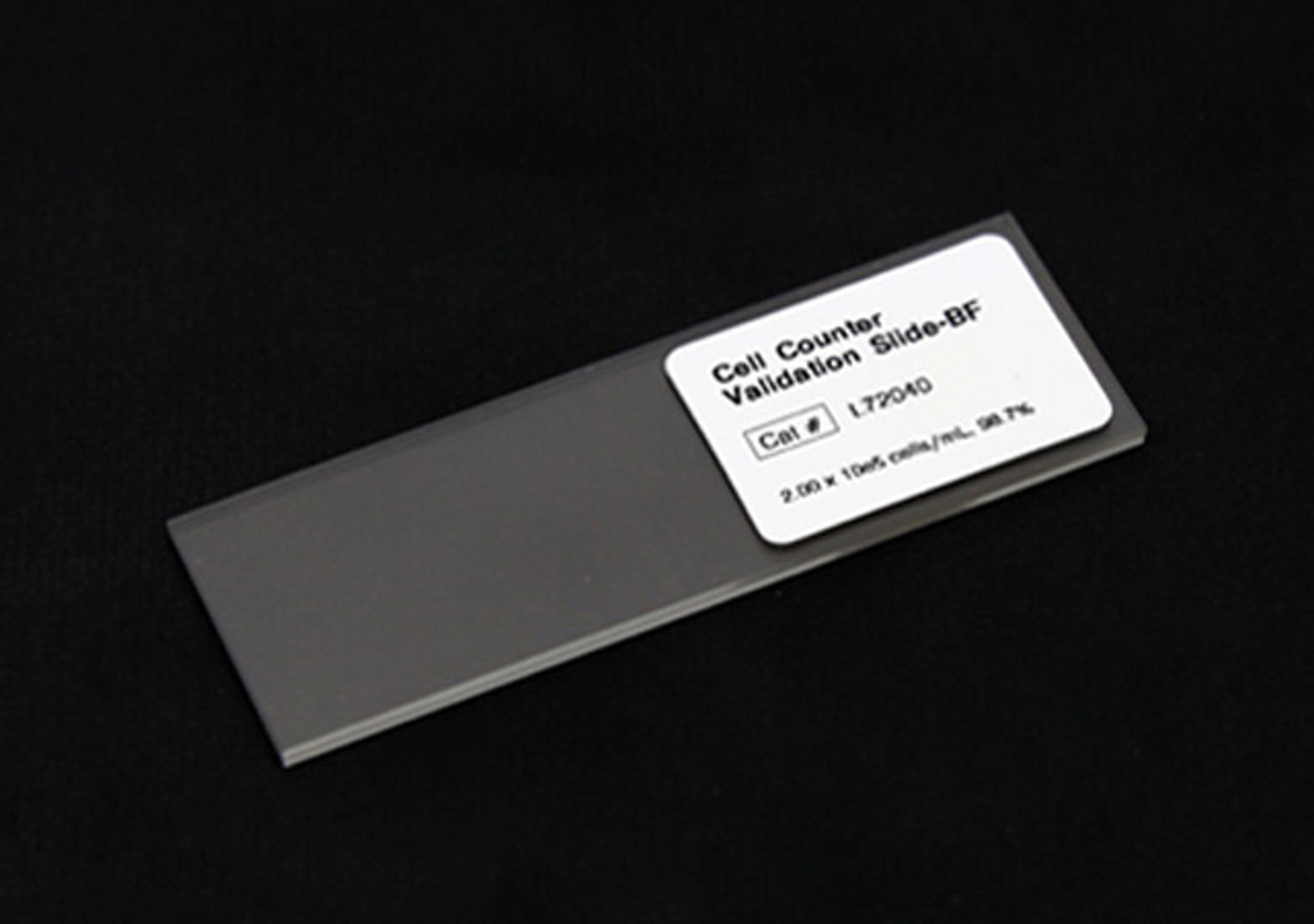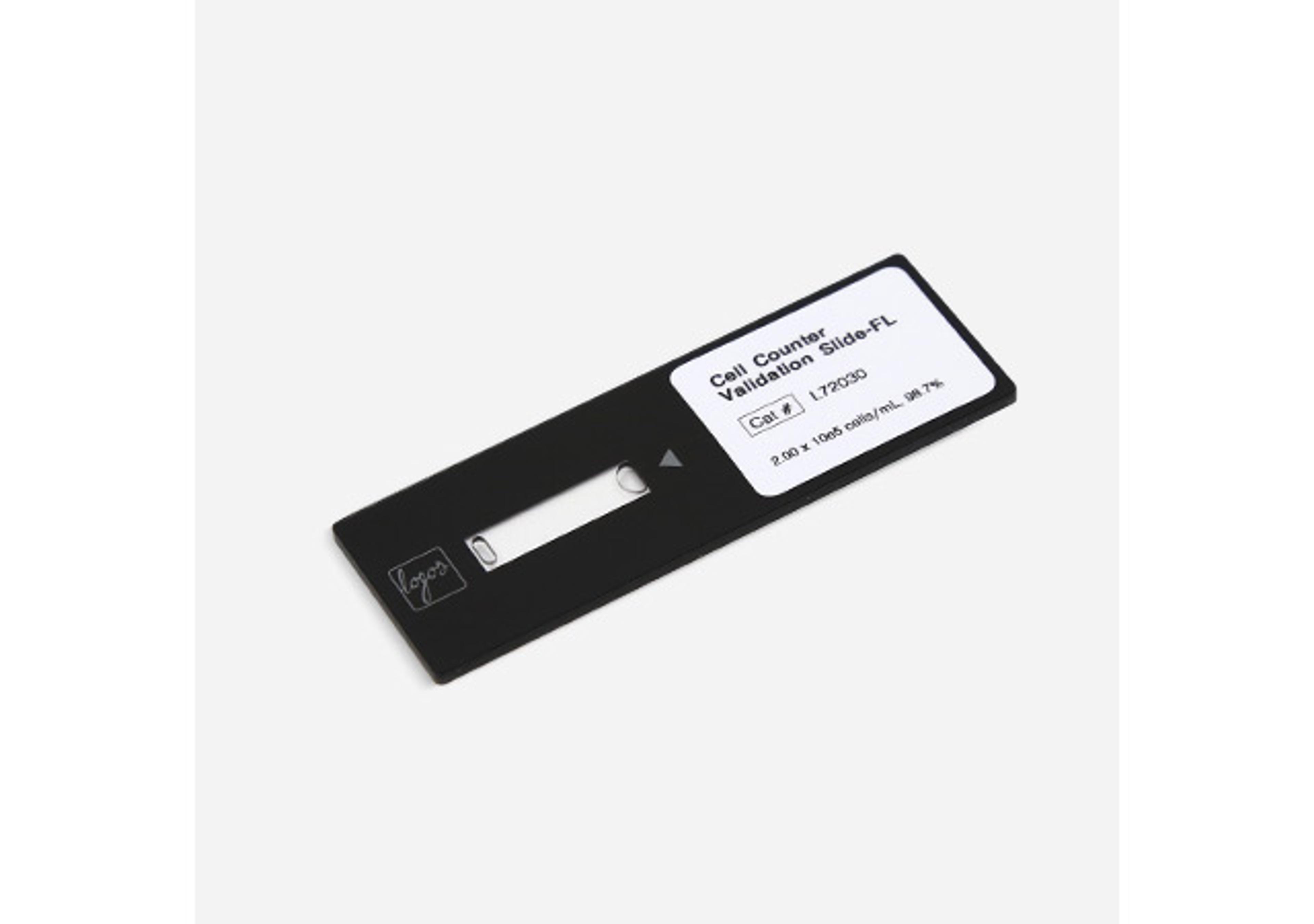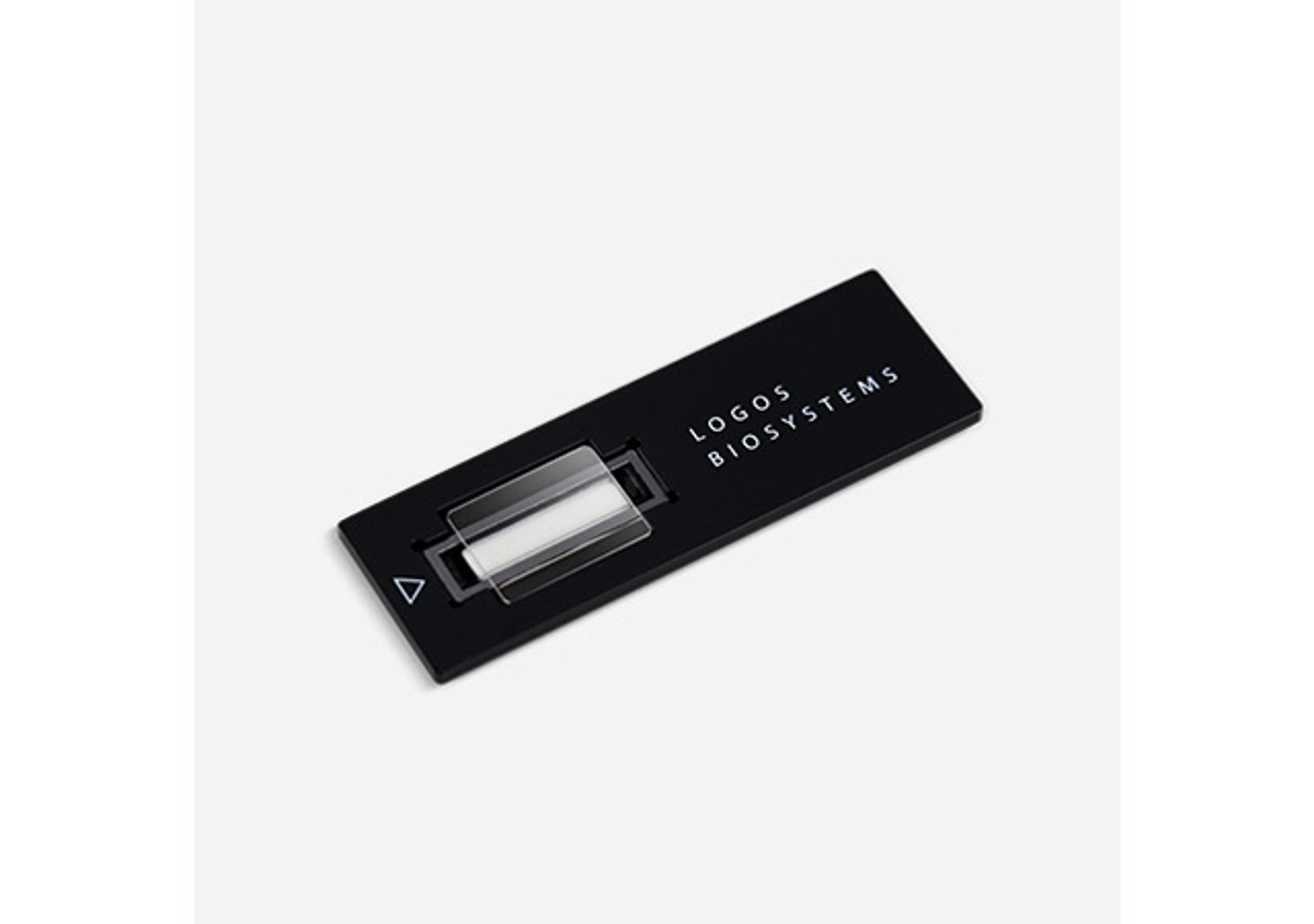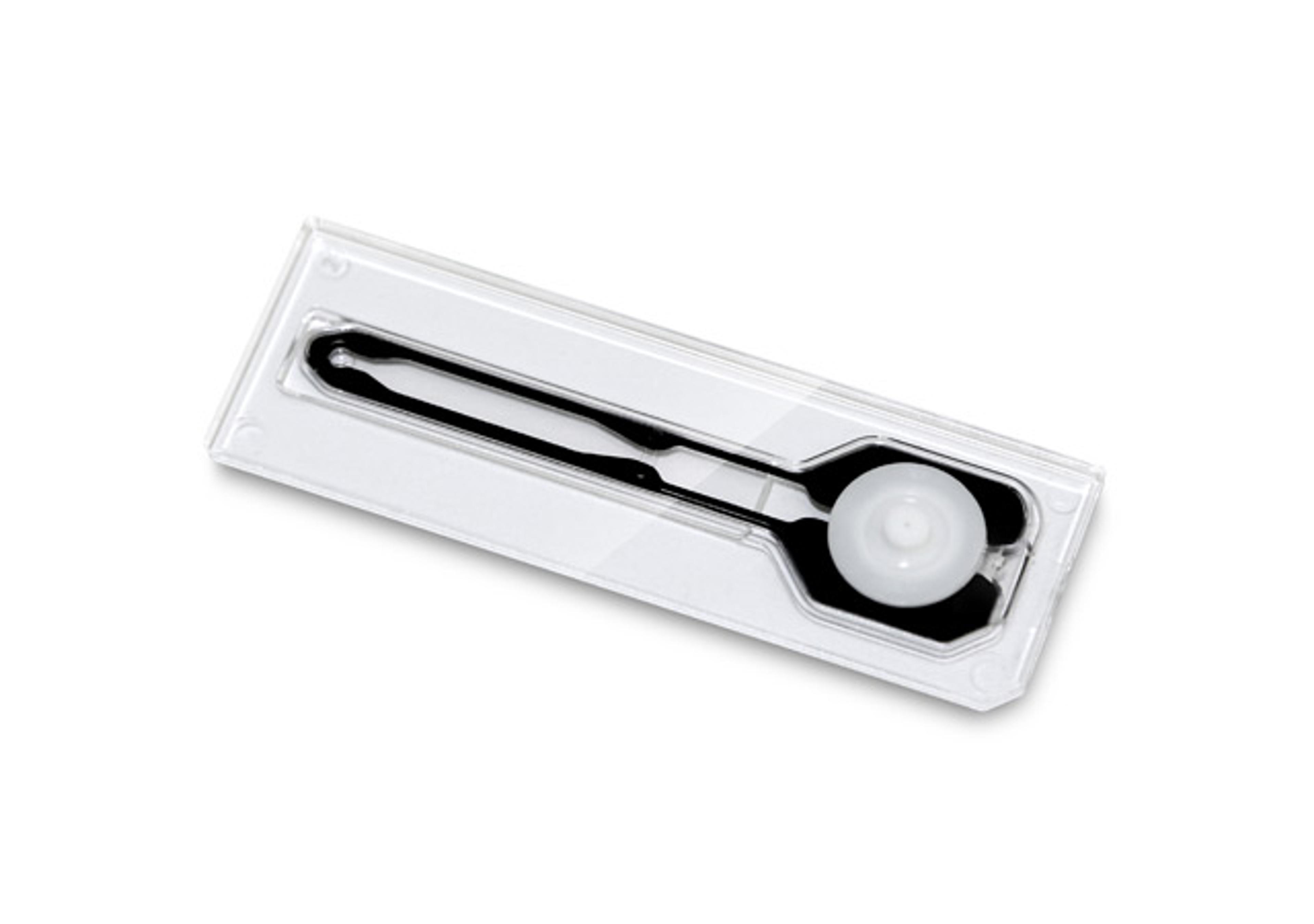Retinol binding Protein (RBP)
High Quality Assays with Reproducible and Reliable Results

The supplier does not provide quotations for this product through SelectScience. You can search for similar products in our Product Directory.
The DRG RBP ELISA is intended for the quantitative determination of free Retinol-binding protein (RBP)/RBP4 as well as RBP4 complexed with transthyretin in plasma, serum and urine.For in vitro diagnostic use only.Retinol-binding protein (RBP)/RBP4 is a small (21 kD) transport protein for vitamin A which forms a complex with pre-albumin in blood but loses its affinity for pre-albumin once the vitamin has been delivered to the target cells. The free RBP/RBP4 molecule is rapidly filtered at the glomerulus and catabolized in the renal tubules after resorption by the proximal tubular cells (like other small molecules, e. g. ß-2 microglobulin). In kidney disease with prevailing tubular changes, these proteins are not reabsorbed and appear in the urine. As published by Yang et al. (2005), the retinol-binding protein (RBP)/RBP4 seems to play a key role in the development of insulin resistance. The fat cell derived peptide RBP/RBP4 also modulates the glucose homeostasis and impairs the insulin sensitivity as well as insulin resistance. The elevation of serum RBP/RBP4 causes systemic insulin resistance, whereas its reduction improves the insulin action. As a conclusion from the results, the authors suggest that RBP/RBP4 alters insulin sensitivity in part by affecting insulin signalling in muscle through alterations in the amount of tyrosine-phosphorylated IRS-1 and PI(3)K activation. Thus, RBP/RBP4 may contribute to the pathogenesis of type 2 diabetes, and lowering RBP/RBP4 could be a new strategy for treating type 2 diabetes.

